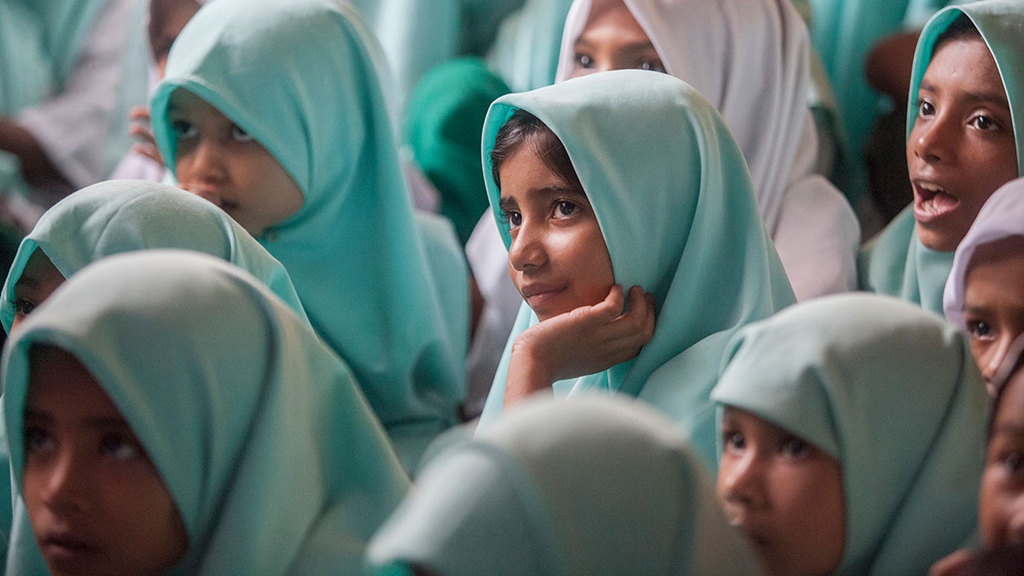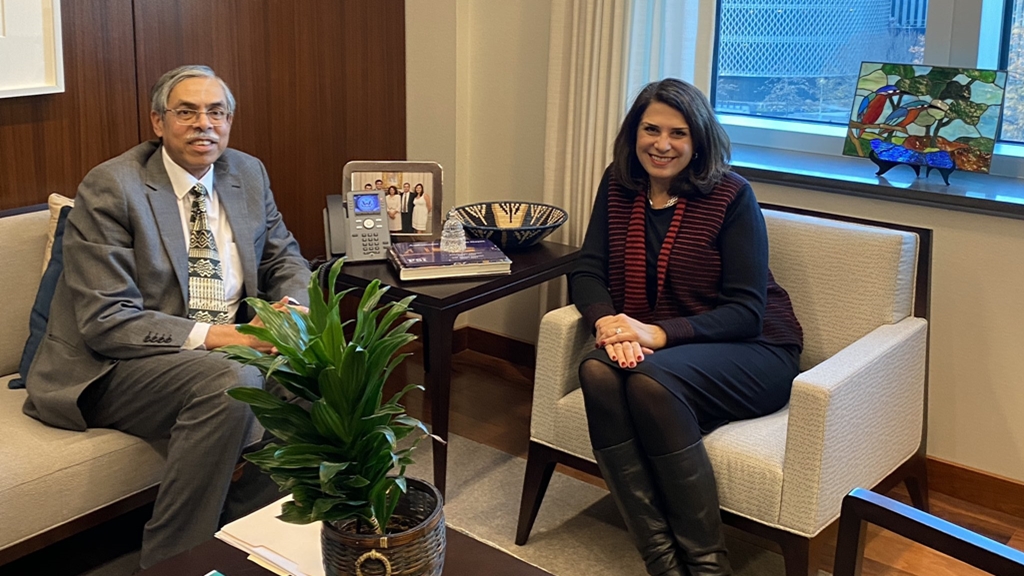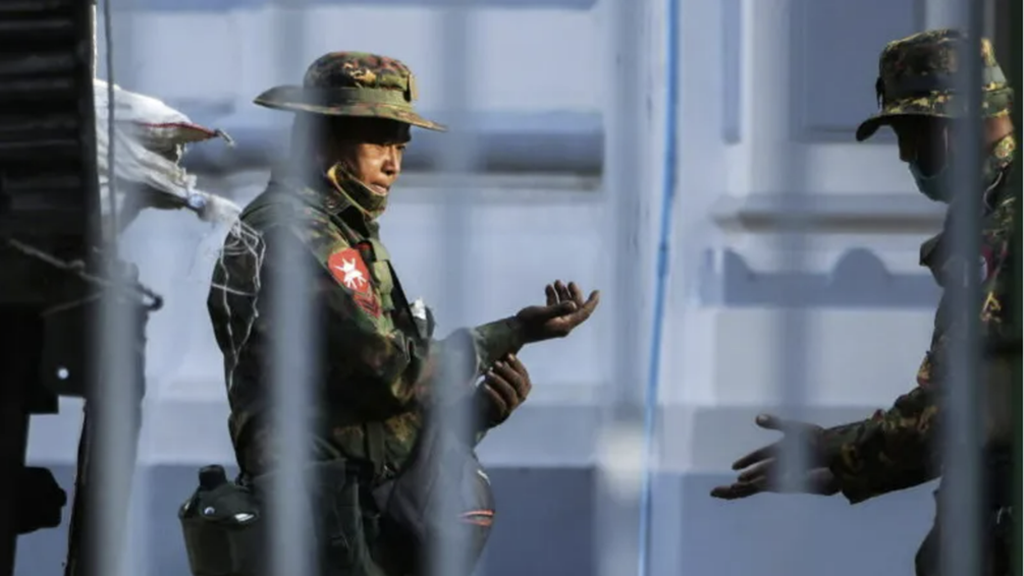
Malaysia should treat Rohingya refugees well for its benefit
- 22/09/2020
- 0
By Sariful Islam, The Rohingya Post
From a vitriolic critic to Myanmar’s genocide against Rohingya, Malaysia has started to turn a country of restriction for the Rohingya. The genocide-survived Rohingya choose to reach on the shore of Malaysia along with other neighbouring countries, preferably Muslim majority Bangladesh and Indonesia, although their journey more often than not turns precarious and life-threatening. A conservative estimate of UNHCR says the number of Rohingya refugees in Malaysia is 100,000.
Notable changes in the Malaysian policies and actions have taken place in the last few months. The Malaysian authorities have started detaining Rohingya refugees for entering the country without documents and announced to close off its sea border. The ordinary people have shown their outrage by staging the anti-Rohingya campaign that includes xenophobic slogans. Anti Rohingya protests have also even occurred in front of mosques.
The recent response of the Malaysian government has upset the Rohingya and their sympathisers in and out of Malaysia. However, it is not much surprising in today’s modern state-based world system. It is inherent of a nation-state to behave in such a discriminatory manner to the outsiders, in general, and refugees, in particular.
The binary opposition between ‘us’ versus ‘them’ is played out time and again in today’s world where human beings have been reduced to a mere bodies to exercise discriminatory and dehumanised policies produced in the process of inventing a territorially limited, as what Benedict Anderson calls, ‘imagined political community’. With no surprise, an imagined community inheres some stereotypes regarding the outsiders and looks for a specific case to justify the stereotypes that happen more often than not during a crisis period, and the outsiders – immigrants and refugees – are to be blamed for almost all bad things happen to the country of shelter. The political parties in power look for scapegoats to cover up their poor performance. The credulous followers sing with the shrewd politicians without logically analysing the anti-refugee, in particular, and anti-immigrants, in general, discourse.
However, sometimes a state opens its arms to the outsiders, specifically immigrants and refugees, for its benefits. A state in need of human resources for carrying out its development strategies and industrialisation policies would warmly welcome the outsiders. After the Second World War to till the mid-1980s, Western countries had welcomed refugees in large numbers as they were pursuing an unprecedented level of industrialisation which badly required human resources. Along with this economic aspect, scholars such as B.S. Chimni, Karen Jacobsen, and James Milner argue that the political and ideological biases worked behind the Western countries’ refugee-friendly policies. The regime in power and opposition parties’ cost and benefit analysis related to the refugee issue contribute to pursuing ‘humanitarian’ or restrictive policy. Thus, the political, ideological and economic interests make the host country tolerate the refugees than the ‘pure humanitarianism.’
It is no exception for Malaysia. The Malaysian government remarkably used to be silent or pretended not to be aware of the undocumented migrants as it had required boundless low skilled labour for pursuing its economic development since the 1990s. Even the Malaysian government presumably remained blind to the forced labour practice until 2014 when some international actors, specifically the International Labour Organization (ILO), pressurised the former to improve the protection system to migrant workers. The scenario, though started to change in 2010, it has been noticeably happening since 2015 to cap the number of migrant workers to increase the national workforce as part of government policy in reducing dependency to the former.
Alike to other countries that pursue restrictive migrant policies after their economic interests are largely met, the Malaysian nationalist actors including some political parties have turned tough to migrants, particularly to the unauthorised ones. It has now become a part of the nationalist discourse of presenting migrants as a ‘potential threat’, according to an ILO report, ‘to national security and detrimental to the country’s long term social and economic development.’ Thus, Malaysia’s stringent response to the Rohingya refugees is not unrelated to its restrictive migrant policies.
It has now been clubbed together with the century’s most devastating pandemic COVID-19. Malaysia, in the same way as other countries, has been facing upside-down effects of the novel coronavirus. As a consequence of COVID-19, fear has grown among Malaysian citizens of facing shortages of facilities of different sorts. This perceived fear has not come out all of a sudden as this always exists in the mind of host society that refugees are the beneficiaries and they get all international assistance along with ‘stealing our jobs.’ The ‘left-off’ notion among the Malaysian has just burst out when COVID-19 has brought an unprecedented level of change to their life.
Another issue that has contributed to the rise of the anti-Rohingya campaign it is the fear that the Rohingya can spread the virus. While this may sound logical considering the living conditions of most refugees, the refugees should not be targeted. Most refugees with no option left have to live in shanty camps, and for them, proper health guidelines are seemingly impossible to maintain. Rather than blaming them, it is imperative to take care of the refugees to mitigate the spreading of the virus.
Why Malaysia should treat refugees positively
It is due to legal and religious obligation, Malaysia should allow the Rohingya refugees to stay as well as permit them to earn their livelihood. Being a member of the international society, Malaysia is bound to respect the international instruments that it has signed in. Though it is not a signatory to the 1951 Convention Relating to the Status of Refugees and its Protocol 1969, this does not set it free from the reign of obligation as a member of international society. As a party to other international instruments such as the Universal Declaration of Human Rights, Malaysia has obligation to treat refugees positively. As a showcase of its respect to the international norms, without being a party to the 1954 Convention Relating to the Status of Stateless Persons and the 1961 Convention on the Reduction of Statelessness, it has renewed its commitment in 2019 to reduce and prevent statelessness in the country in line with the Global Action Plan to End Statelessness by 2024. It is thus bound to take care of the stateless Rohingya refugees.
Besides the bindings under the secular international human rights law, Malaysia has a religious obligation for a Muslim to stand with the fellow human beings in general and Muslim brothers in particular if the latter face persecution and are forced out of the home. As several verses of Al-Quran clearly state that it is an obligatory duty of Muslim rulers to protect the oppressed from the oppressors. Having Islam as the official religion, Malaysia does not hide its ambition to be one of the few front runner countries of the Muslim world. It is also for this reason Malaysia should perform a responsible role toward the Rohingya refugees, in particular, and for the Rohingya crisis, in general.
Further, for economic and other material benefits, Malaysia should think of treating the Rohingya positively. Scholars such as Alexander Betts and Paul Collier, Karen Jacobsen and Jeff Crisp argue that the refugees could turn to a resource if they are allowed to engage in economic activities in their asylum country. In addition to contributing to the economy of the host society, their engagement in economic activities can potentially reduce security threat.
A 2019 study of Malaysian think-tank IDEAS argues for allowing the refugees to work by stating that refugee’s entry in the labour market would contribute to increasing the annual GDP to over RM3 billion by 2024. The size of revenue can increase as the refugees engaged in work would potentially pay RM 50 million in taxes each year by 2024, IDEAS estimates. IDEAS study bears relevance as the restrictive migrant policies of the Malaysian government cost its private sectors. It has been observed that the Malaysian industrial and agriculture sectors still require a large number of low-skilled labours that cannot solely be met by the national workforce.
The Rohingya refugees could be turned to a human resource if they get the required training to join the labour market. The training can be rendered by joint initiatives by refugee and migrant related intergovernmental or international non-governmental agencies and the Malaysian government. Malaysia can cool down public sentiment as it cherishes a myth of multiculturalism and tolerant nature of the country. The sooner the Malaysian government realises the prospects of allowing refugees to lead a human life, the better it is.
About the author:

Sariful Islam is a research scholar
at the Department of International Relations
at the South Asian University.
He can be reached via sarifmcjdu@gamil.com







